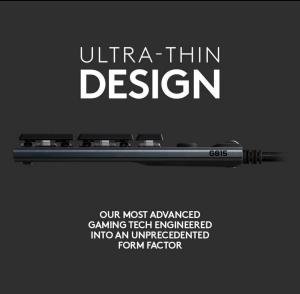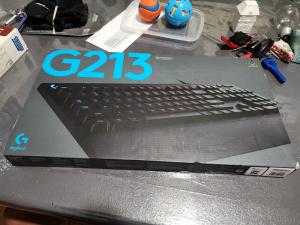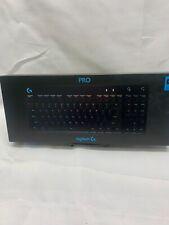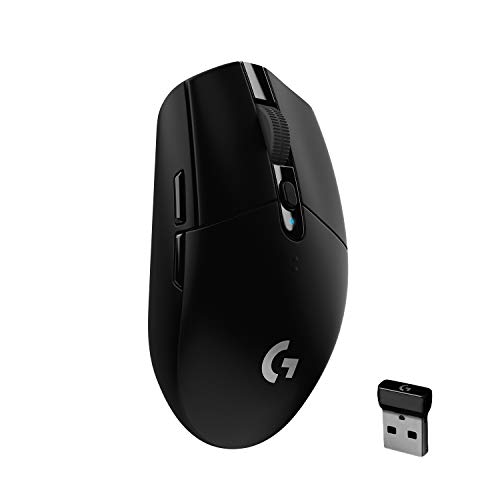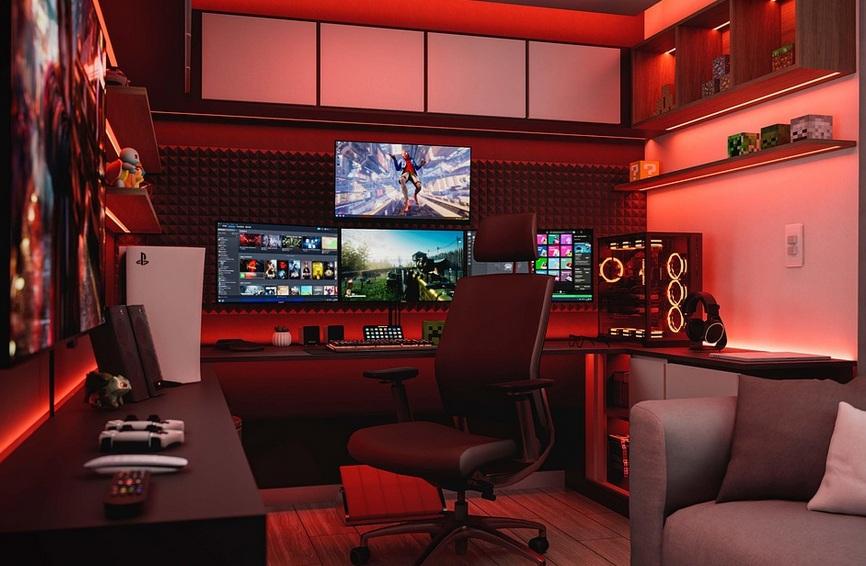### Mechanical vs. Membrane Keyboards: Which One Should You Choose?
The keyboard is a vital part of any gaming or productivity setup, and choosing the right type can have a significant impact on your overall experience. Two primary options dominate the market: mechanical keyboards and membrane keyboards. While both serve the same function, their differences in design, performance, and feel make them suited to different user preferences and needs. Let’s explore these two types of keyboards and help you decide which one is right for you.
---
#### **1. What Are Mechanical Keyboards?**
Mechanical keyboards use individual mechanical switches for each key. These switches consist of several components, including a spring, a stem, and a housing. When you press a key, the switch registers the input, providing tactile feedback or an audible "click," depending on the type of switch.
Mechanical keyboards come with a variety of switch types, such as:
- **Linear switches**: Smooth and consistent keystrokes, preferred for fast-paced gaming.
- **Tactile switches**: Provide a noticeable bump during key presses, ideal for typing and gaming.
- **Clicky switches**: Produce an audible click, satisfying for typists who enjoy auditory feedback.
These keyboards are known for their durability, customizable options, and the satisfying feel they offer during use.
---
#### **2. What Are Membrane Keyboards?**
Membrane keyboards use a flexible membrane layer to register key presses. When a key is pressed, it pushes down on the membrane, completing an electrical circuit and sending the signal to the computer. This design is simpler and more cost-effective than mechanical switches.
Membrane keyboards are often lightweight, compact, and quiet, making them a popular choice for casual users and office environments.
---
#### **3. Key Differences Between Mechanical and Membrane Keyboards**
| FEATURE | Mechanical Keyboards | Membrane Keyboards | |
| **Durability** | Long lifespan (50+ million keystrokes) | Shorter lifespan | |
| **Typing Feel** | Tactile, responsive, and customizable | Softer and less distinct | |
| **Noise** | Can be loud (depends on switch type) | Quieter operation | |
| **Customization** | Highly customizable (switches, keycaps) | Limited customization | |
| **Price** | More expensive | affordable | |
---
#### **4. Which One Should You Choose?**
The choice between mechanical and membrane keyboards depends on your priorities and use case:
- **Gaming**: Mechanical keyboards are generally preferred for their responsiveness and durability. Linear switches are ideal for fast-paced games, while tactile switches work well for both gaming and typing.
- **Typing**: Mechanical keyboards with tactile or clicky switches provide a more satisfying typing experience, making them popular among writers, programmers, and professionals.
- **Casual Use**: If you need a keyboard for everyday tasks or prefer a quieter typing experience, a membrane keyboard is a cost-effective and practical option.
- **Portability**: Membrane keyboards are typically more lightweight and compact, making them easier to carry around.
---
#### **5. Hybrid Options: Mem-chanical Keyboards**
For users who want the best of both worlds, hybrid "mem-chanical" keyboards combine membrane technology with the feel of mechanical switches. These keyboards offer a tactile experience at a lower cost than fully mechanical options, making them a good middle-ground choice.
---
#### **Conclusion**
Choosing between a mechanical and membrane keyboard boils down to your personal preferences, budget, and intended use. While mechanical keyboards offer superior performance, durability, and customization, membrane keyboards provide a quieter and more affordable alternative. Understanding the differences will help you find the perfect keyboard to enhance your gaming or productivity setup.

